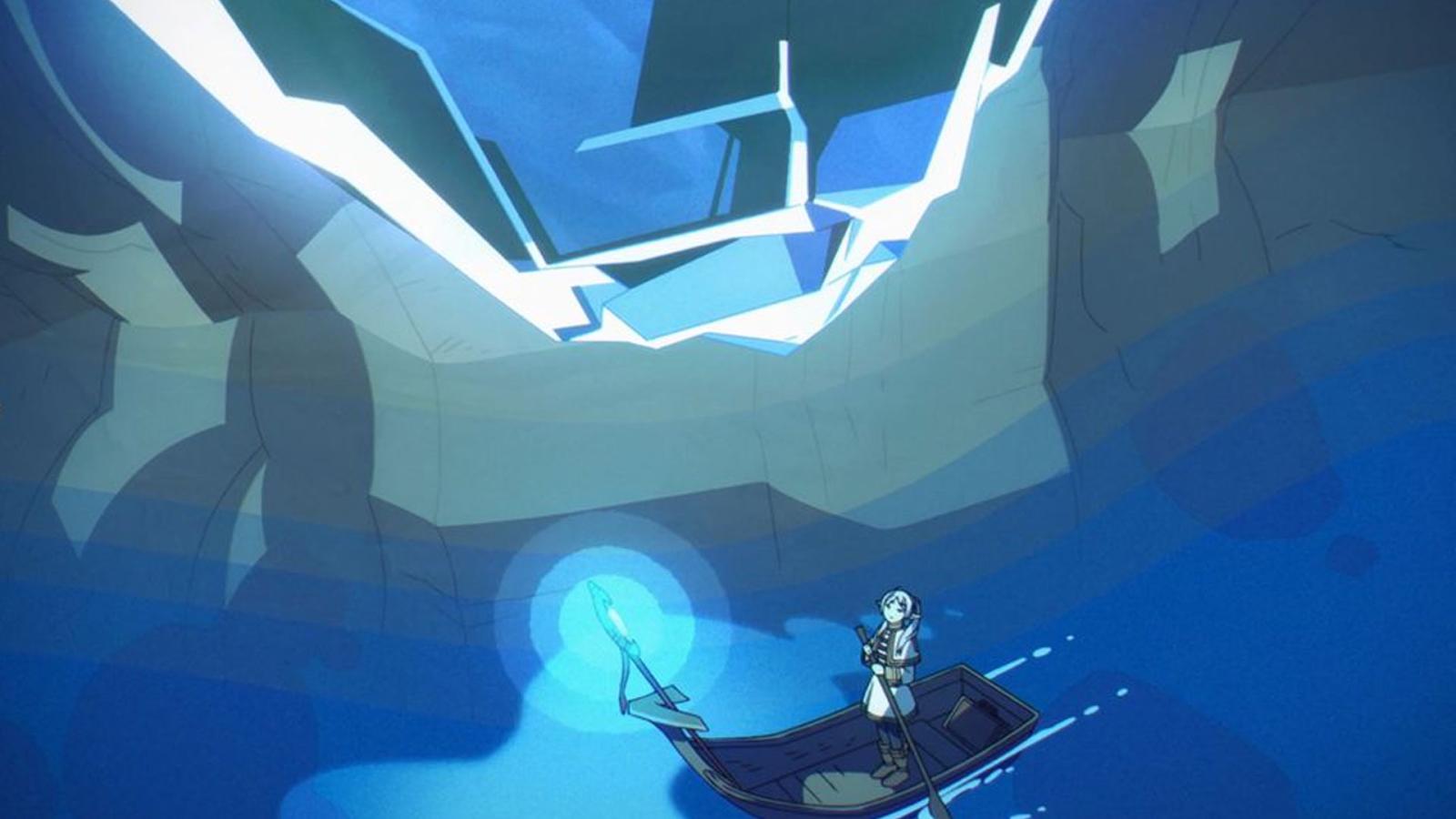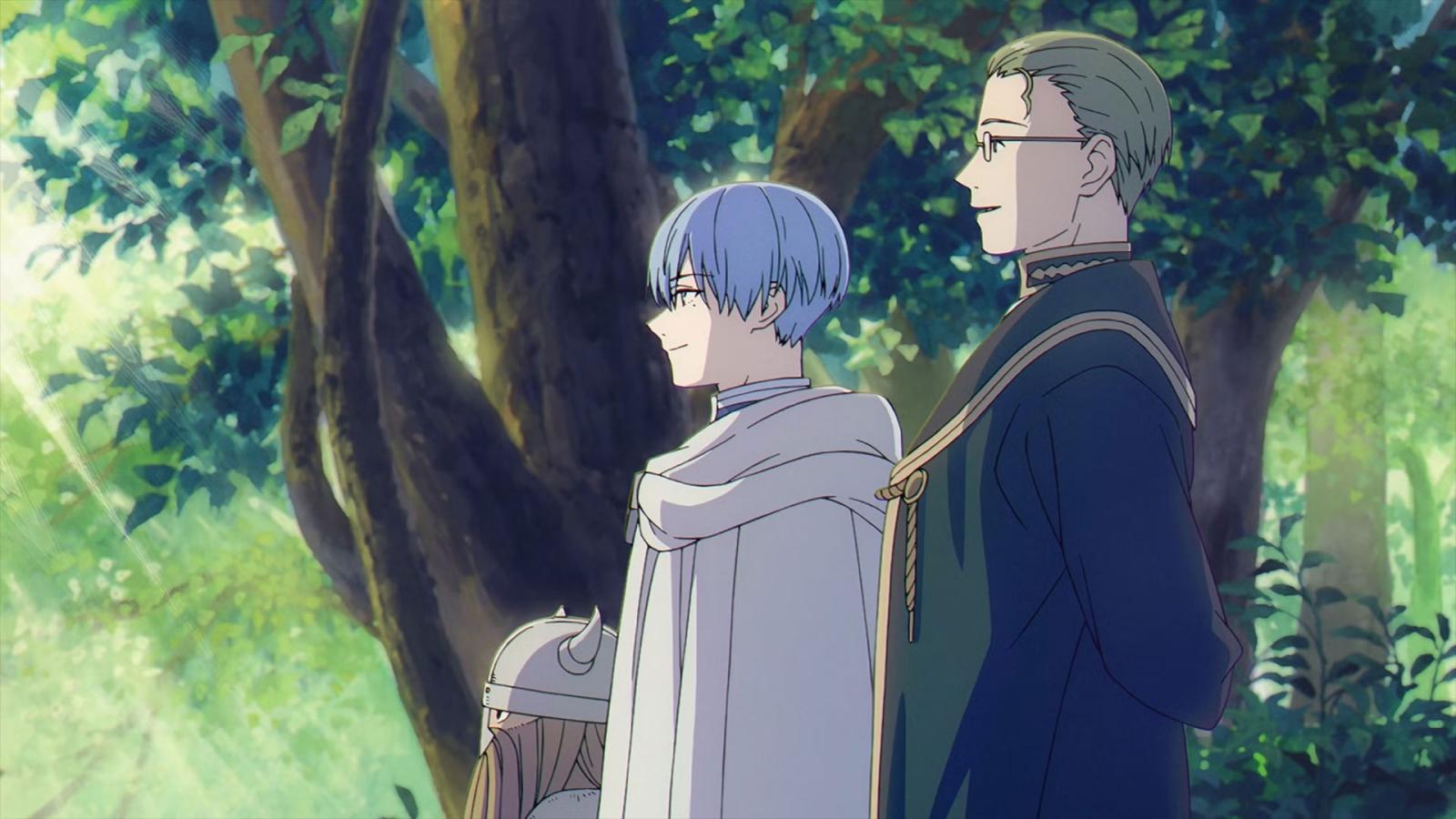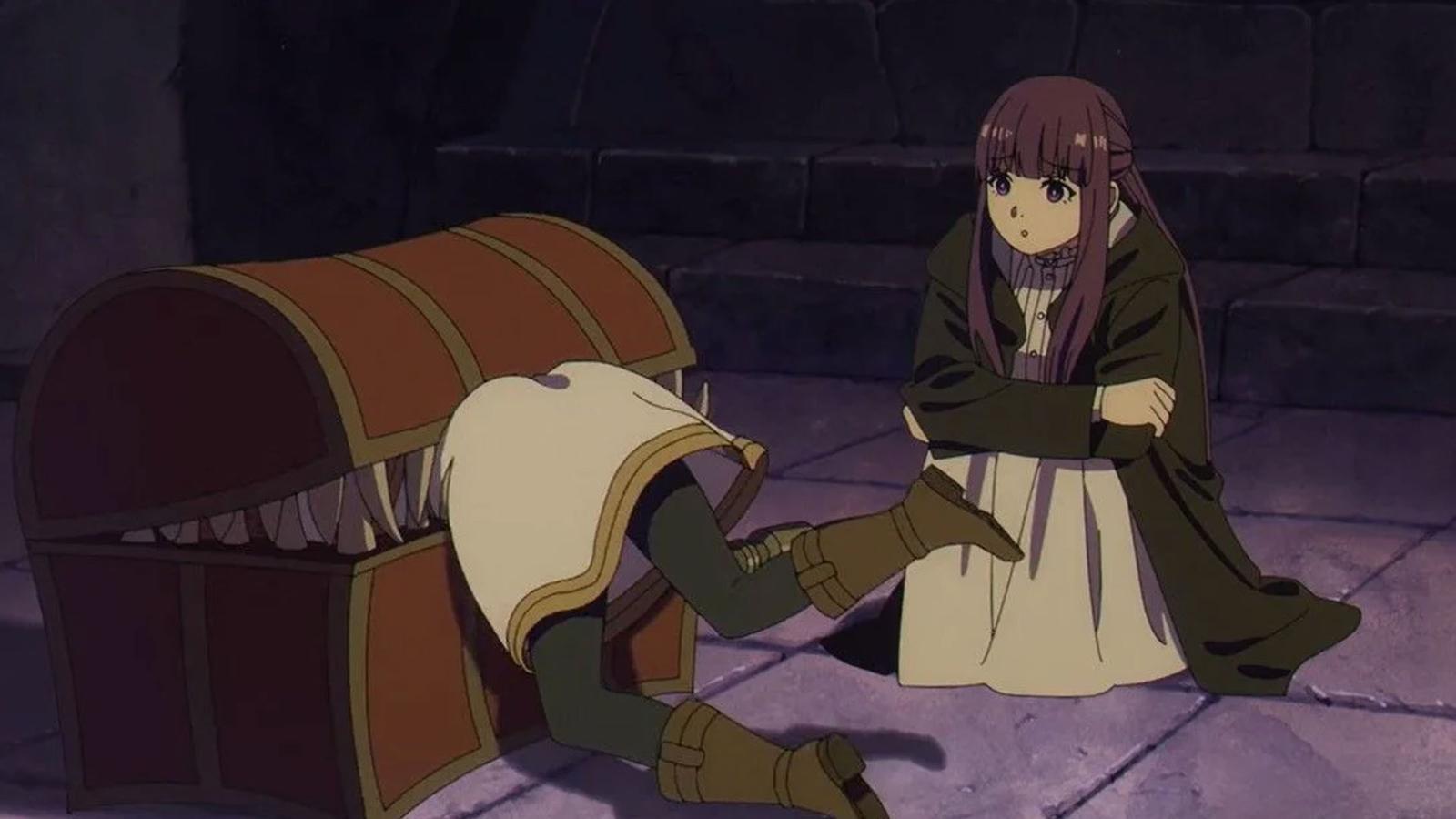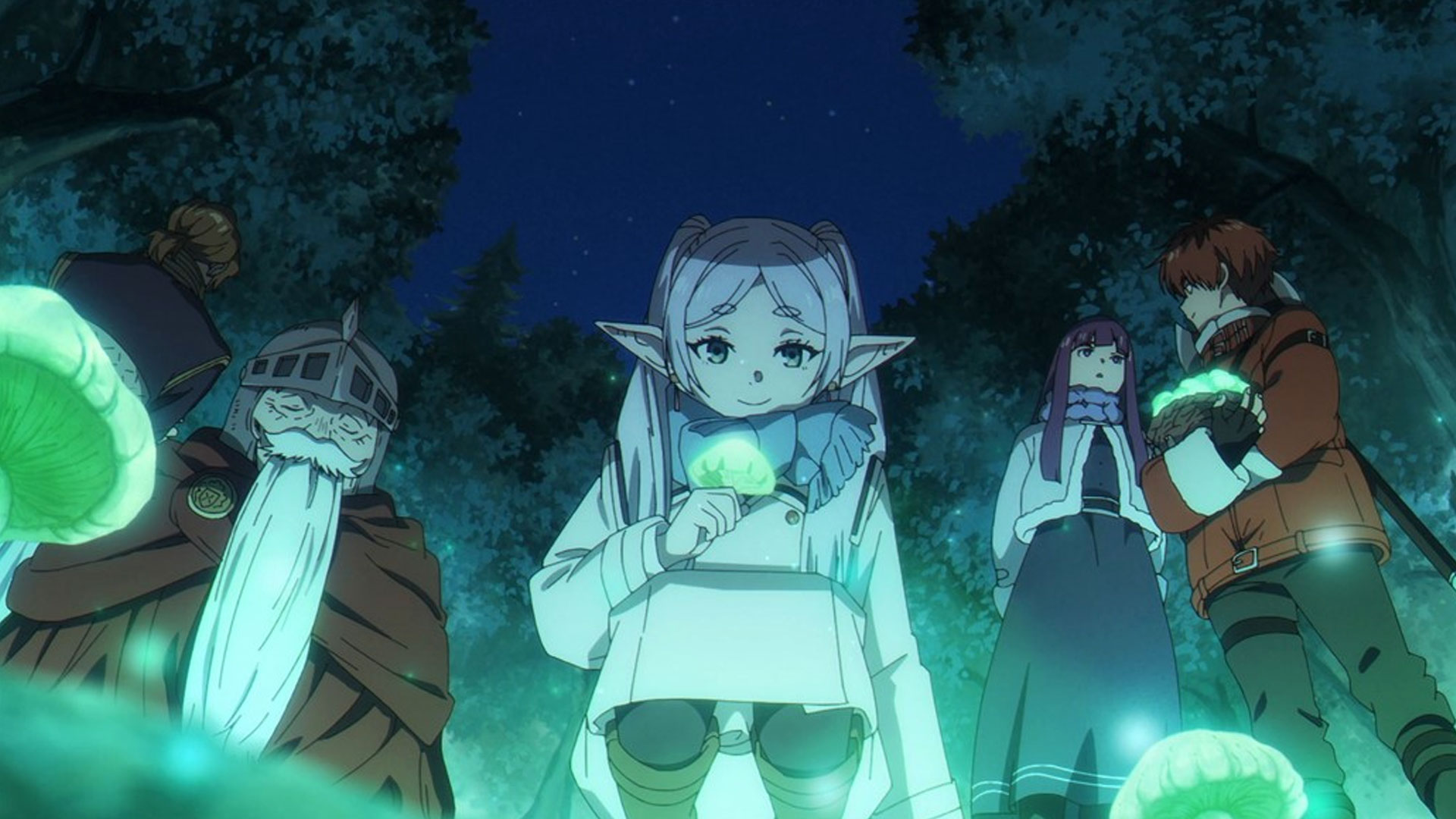“Fantasy” is already a term that exists.
Summary:
- Some fans say that Frieren is a “native isekai.”
- While it does have some similarities to isekai series, it’s completely different in tone and execution.
- We shouldn’t use the term at all — “fantasy” is already a genre name.
Frieren: Beyond Journey’s End (Sousou no Frieren) has been one of the biggest anime hits recently — and to many, the best modern fantasy anime.
Still, some people don’t refer to it as that, saying that Frieren is a “native isekai.” That is not a term that exists, and definitely not one that makes any sense — especially given the context of Frieren.
What does this even mean?

Presumably, “native isekai” means isekai-like anime which don’t involve people being transported into another (usually fantasy) world. That’s where the “native” part comes from — characters are native to the world.
The problem with this term? Well, outside of the fact that it doesn’t make any sense (“isekai” literally means “another world,” and this is taking the “another” part out of the equation), it’s that we already have a term for this. It’s called “fantasy” — and that’s what Frieren actually is.
Using it when describing Frieren makes no sense
Now, Frieren does have elements that are actually similar to those of isekai series. It’s not just the fact that it’s a fantasy anime: the worldbuilding of Frieren is inspired by similar things.

Yes, it might not be adapted from a light novel with a really long name, and it definitely doesn’t have a game-like system in its world, but still, the similarities are there.
Still, that doesn’t mean that Frieren is even close to isekai — as a label of “native isekai” might imply. The topics it raises and the way it tells its story are noticeably different, and the similarities mostly end at aesthetics — the actual anime is not similar to the isekai we’re used to at all.
It’s also dismissive to call Frieren a “native isekai.” In the modern era of anime, isekai series often get criticized for being generic and mostly uninteresting. Frieren might follow basic fantasy tropes, but we don’t actually see them in anime that often — isekai tropes are far more common.
Also, when people hear that Frieren is a “native isekai”, they immediately assume it suffers from the same issues, which it doesn’t.
It’s not a term that we should use at all

We really don’t need to invent new terms when genre names already exist. Frieren is a great example of a fantasy anime that executes most of the tropes of the genre pretty well.
We don’t really need to redefine it through the isekai genre, which is often a subgenre of fantasy in the first place. It also brings up unnecessary comparisons to anime that are otherwise not similar to Frieren.

